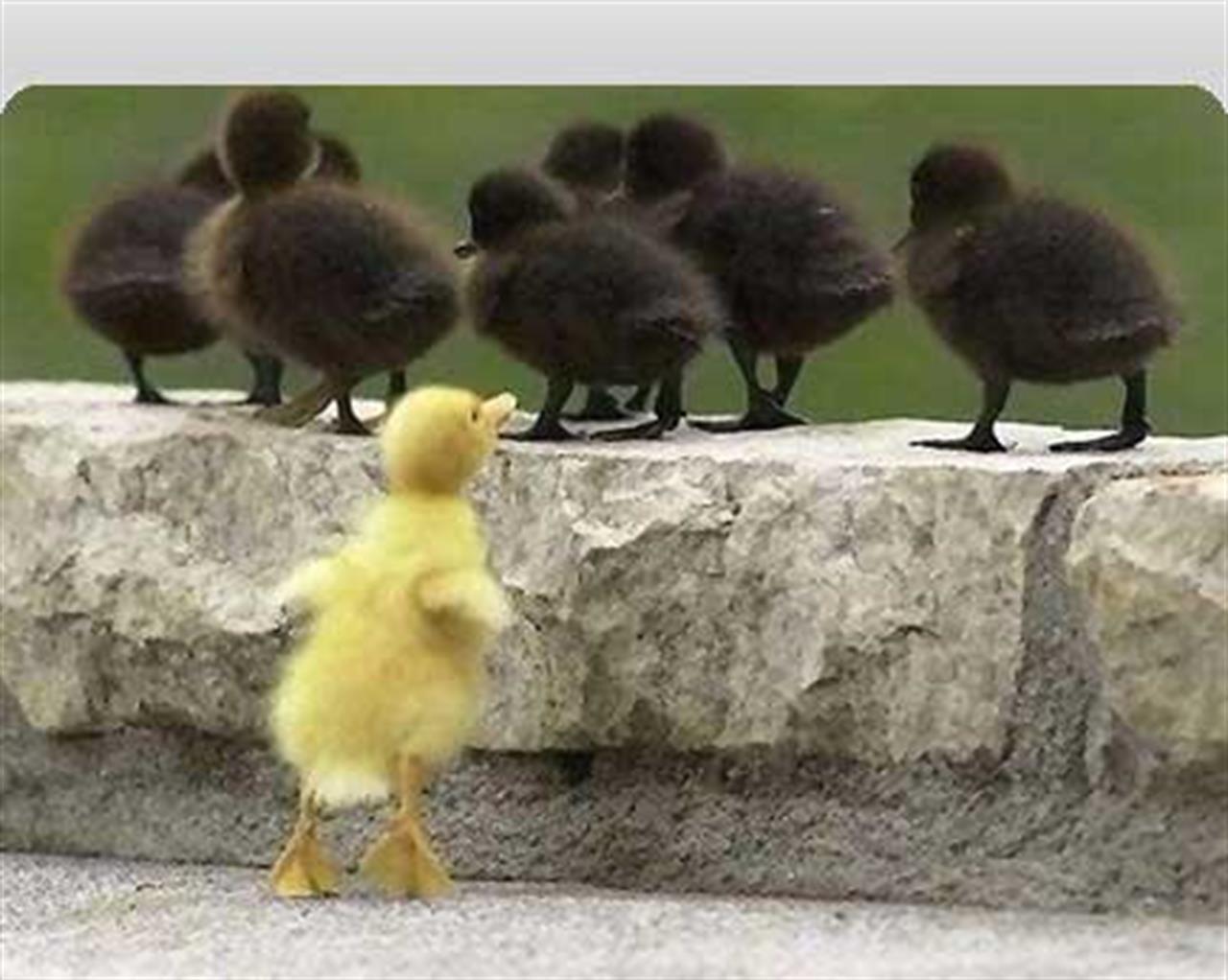Non profit
Recession’s impact on discrimination
Survey shows Europeans fearful of increase in discrimination during recession.
di Eric Johns

Sixty-four percent of f Europeans believe the economic crisis will bring more discrimination in the job market, according to a new Eurobarometer opinion survey released by the European Commission this week (9 November).
The European opinion poll revealed a clear link with the current economic situation: 64% of people expect the downturn will lead to more age discrimination in the job market.
In addition, 48% of respondents consider age to be a disadvantage when seeking employment, an increase of 3 percentage points since the last survey.
A majority of Europeans also expect the crisis to lead to higher levels of discrimination on the grounds of disability (56%) and ethnic origin (57%) on the job market. Seventy-nine percent of Hungarians and 74% of Czechs declare that age discrimination is more or less spread in their respective countries, which post the highest percentages in the EU.
However, the Eurobarometer survey revealed that personal experience of discrimination remained largely stable since last year’s survey.
Overall, 16% of Europeans reported experiencing discrimination on the basis of race, religion, age, disability or sexual orientation in 2009, the same level as in 2008.
Only one in three Europeans are aware of their rights if they were a victim of discrimination or harassment.
However, there are considerable differences at national level. Awareness has increased in several countries since the 2008 survey: in the UK (+8 points), France (+7), Ireland and Sweden (each +6), but people seem less informed on discrimination in countries like Poland (-12) and Portugal (-11).
Source: www.euractiv.com
17 centesimi al giorno sono troppi?
Poco più di un euro a settimana, un caffè al bar o forse meno. 60 euro l’anno per tutti i contenuti di VITA, gli articoli online senza pubblicità, i magazine, le newsletter, i podcast, le infografiche e i libri digitali. Ma soprattutto per aiutarci a raccontare il sociale con sempre maggiore forza e incisività.
